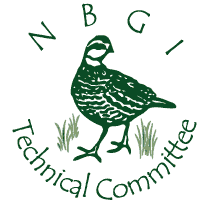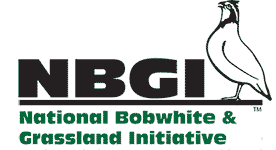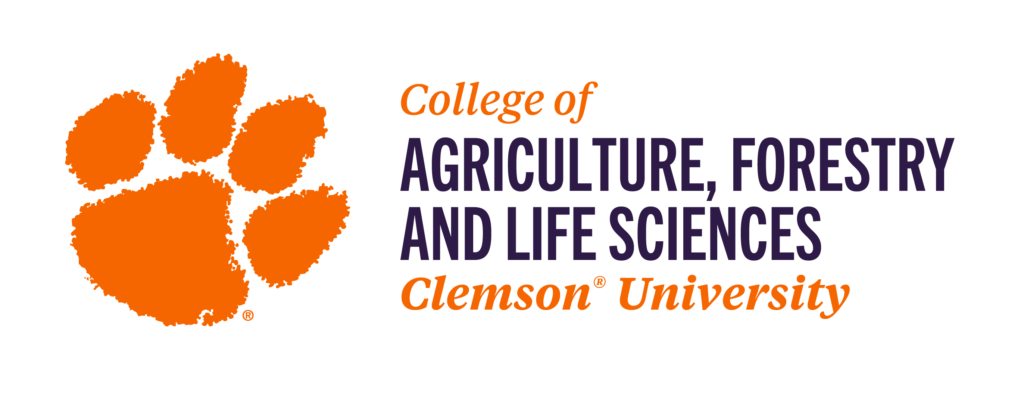Bobwhites, native plant species and pollinators have a new ally in their corner with the recent signing of a Memorandum of Understanding between the National Bobwhite Conservation Initiative (NBCI) and the U.S. Department of the Interior’s National Park Service (NPS).
Inked recently at the Association of Fish & Wildlife Agencies annual meeting in Philadelphia, PA, the pact allows the two entities to work together with the NBCI state wildlife agencies to collaboratively identify and restore native grasslands habitats on suitable park properties, with certain park units serving as bobwhite focal areas. NPS officials have initially indicated there are as many as 20 parks across 10 states that have expressed interest in potentially participating in a project focused on grassland restoration and focal area development.
NBCI’s Coordinated Implement Program requires NBCI focal areas to have a minimum of 1,500 acres along with specific and consistent measures of habitat quality, bobwhite and grassland songbird response and bobwhite covey measurements. Sixteen states have created one or more of these areas, and more states are in the planning stages. The first focal area in Arkansas (and the first on NPS property) is centered around Pea Ridge National Military Park, which demonstrated the viability of NPS involvement.
“NBCI’s Coordinated Implementation Program has strong appeal to a variety of outside parties,” said NBCI Director Don McKenzie. “The National Park Service is a unique and unexpected ally that brings an entire suite of new resources to the table, including a public land base, management staff and technical expertise, and they want to contribute to the effort. Their participation offers a number of positives, including continued expansion of bobwhite restoration across the range, the development of new source populations of bobwhites, opportunities to expand park-based efforts to adjacent public and private lands, and new opportunities to tell the story of bobwhite and grassland bird decline to a broad public audience,” McKenzie said.
“As part of the NPS mission, it is important for us to educate visitors on the value of our natural and cultural heritage,” said NPS Ecologist Jordan Spaak. “Many historical records indicate that bobwhite quail were an integral part of grassland and savannah ecosystems. It makes good sense for the NPS to help tell the story of why grassland flora and fauna have declined and what the NPS and our partners are doing to manage, restore, and conserve native plant species, pollinators, bobwhites, and the ecosystems these species occupy. We see NBCI and the states as valuable partners, bringing to the table a landscape-scale, habitat-based strategic plan for grassland species, as well as the national leadership, coordination, and capacity to help accelerate the process.”
About NBCI
Headquartered at the University of Tennessee Institute of Agriculture’s Department of Forestry, Wildlife and Fisheries, NBCI is an initiative of the National Bobwhite Technical Committee (NBTC) to elevate bobwhite quail recovery from an individual state-by-state proposition to a coordinated, range-wide leadership endeavor. The committee is comprised of representatives of 25 state wildlife agencies, various academic research institutions and private conservation organizations. Support for NBCI is provided by the Federal Aid in Wildlife Restoration Program, state wildlife agencies, the University of Tennessee and Park Cities Quail. For more information, please visit www.bringbackbobwhites.org and find us on Facebook, www.facebook.com/bringbackbobwhites and YouTube www.youtube.com/user/BringBackBobwhites .
About the National Park Service
More than 20,000 National Park Service employees care for America’s 413 national parks and work with communities across the nation to help preserve local history and create close-to-home recreational opportunities. Visit us at www.nps.gov, on Facebook www.facebook.com/nationalparkservice, Twitter www.twitter.com/natlparkservice, and YouTube www.youtube.com/nationalparkservice.
NPS Contact:
Jordan Spaak-Ecologist
National Park Service
Biological Resources Division
Natural Resource Stewardship and Science Directorate
970-267-2145
Jordan_Spaak@nps.gov



